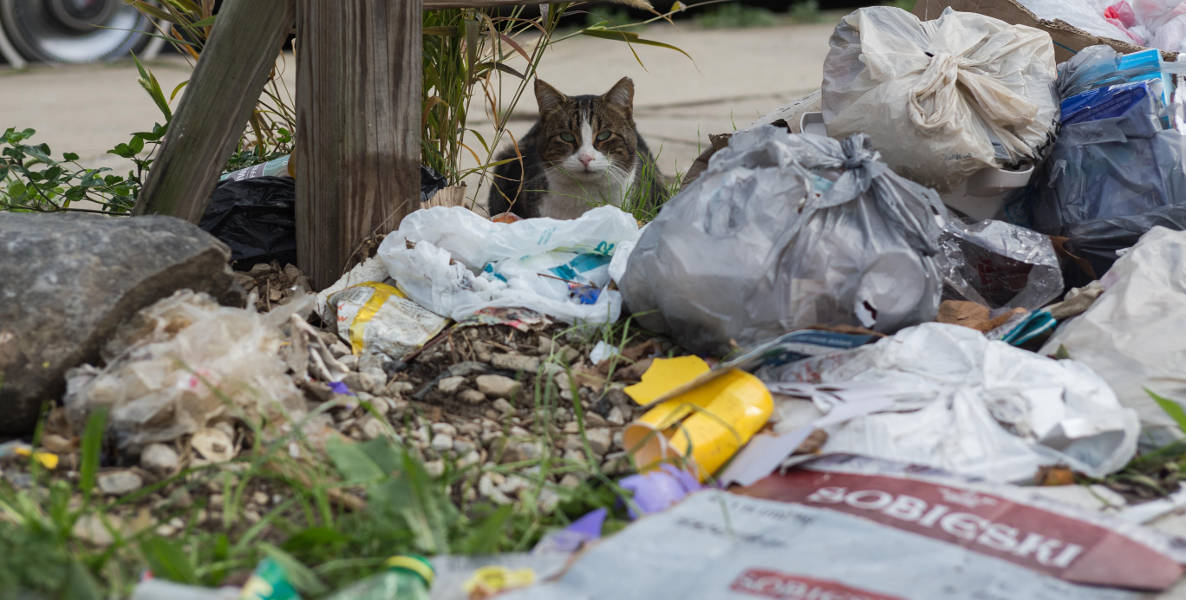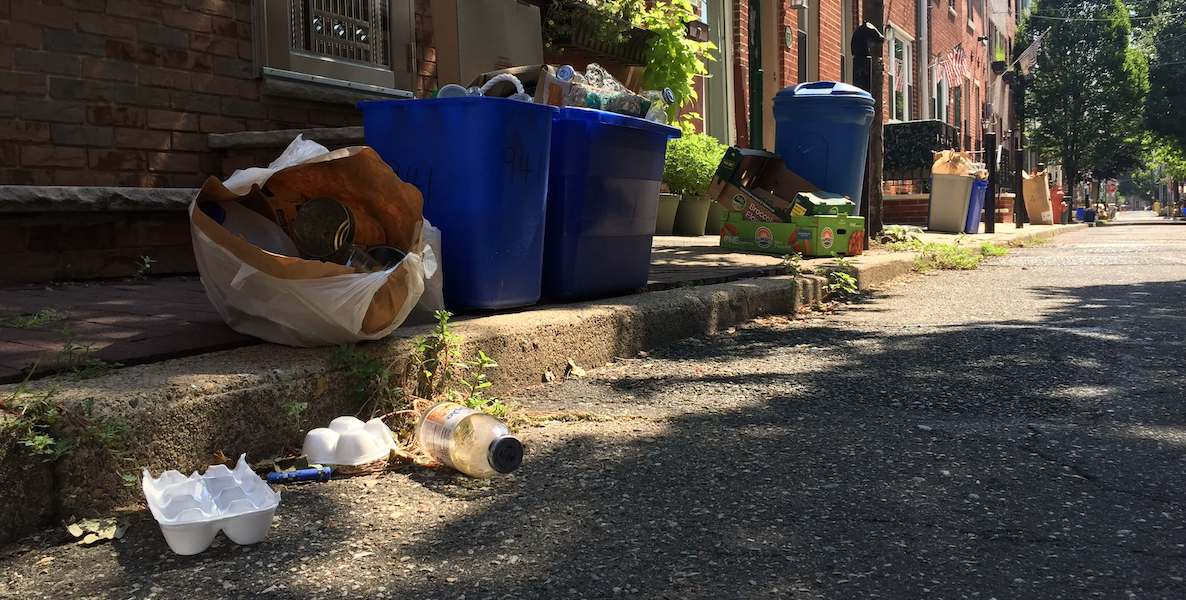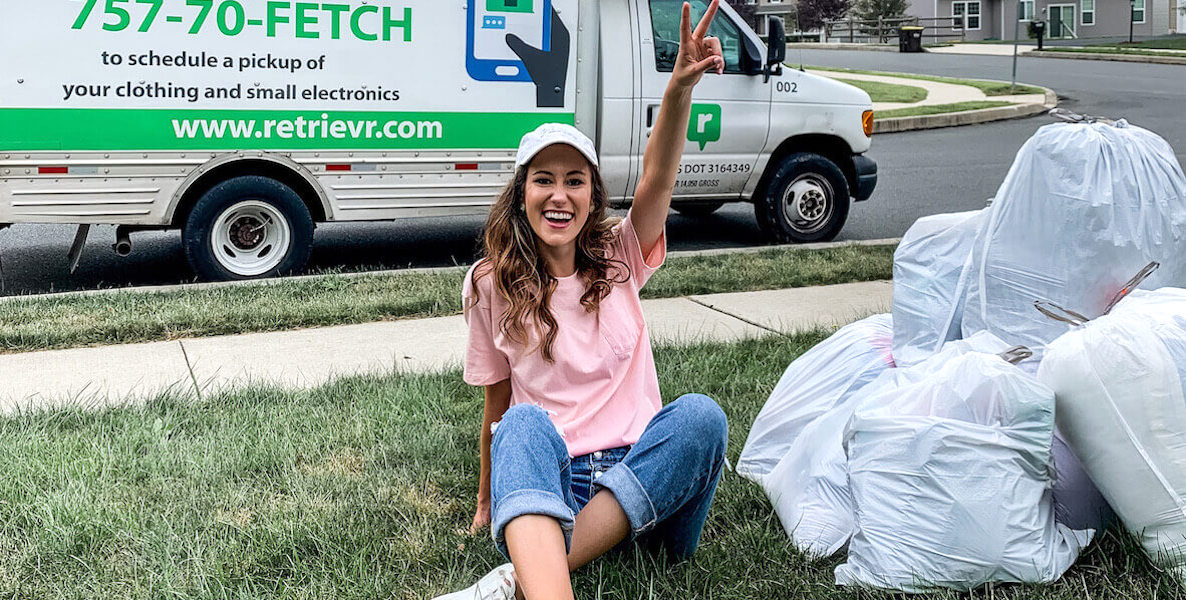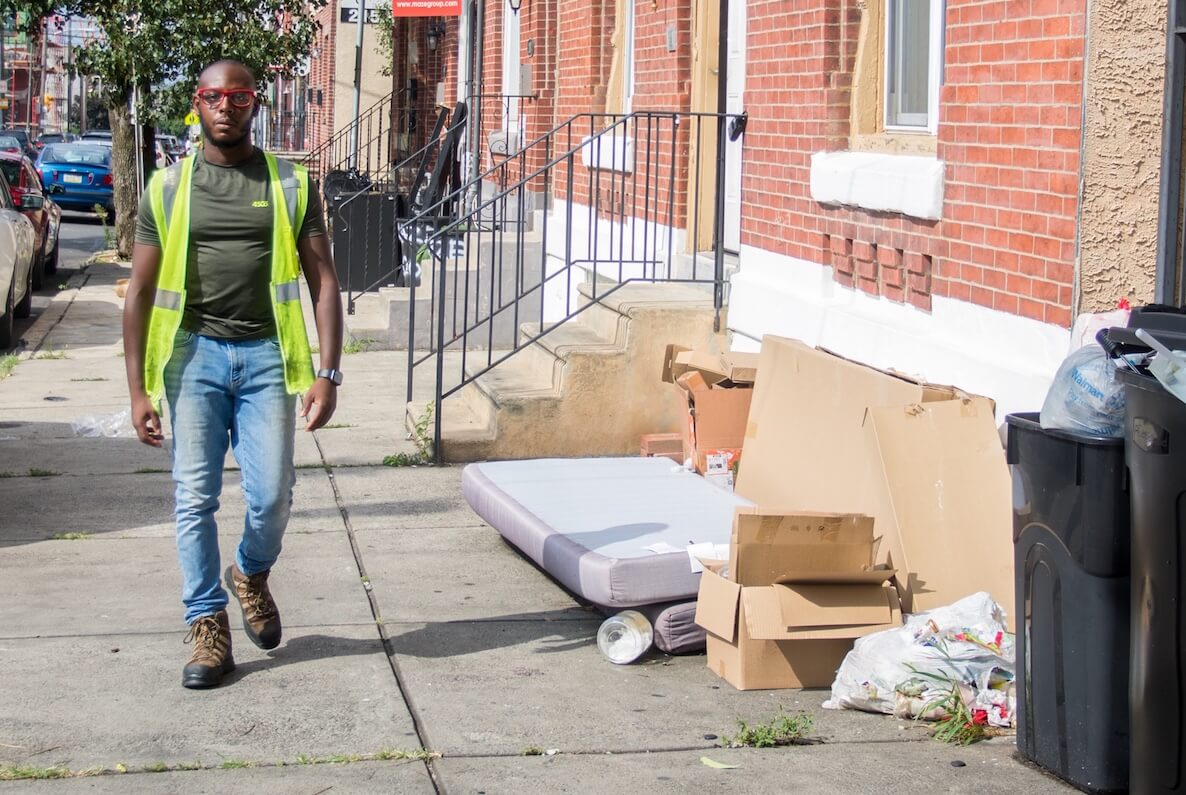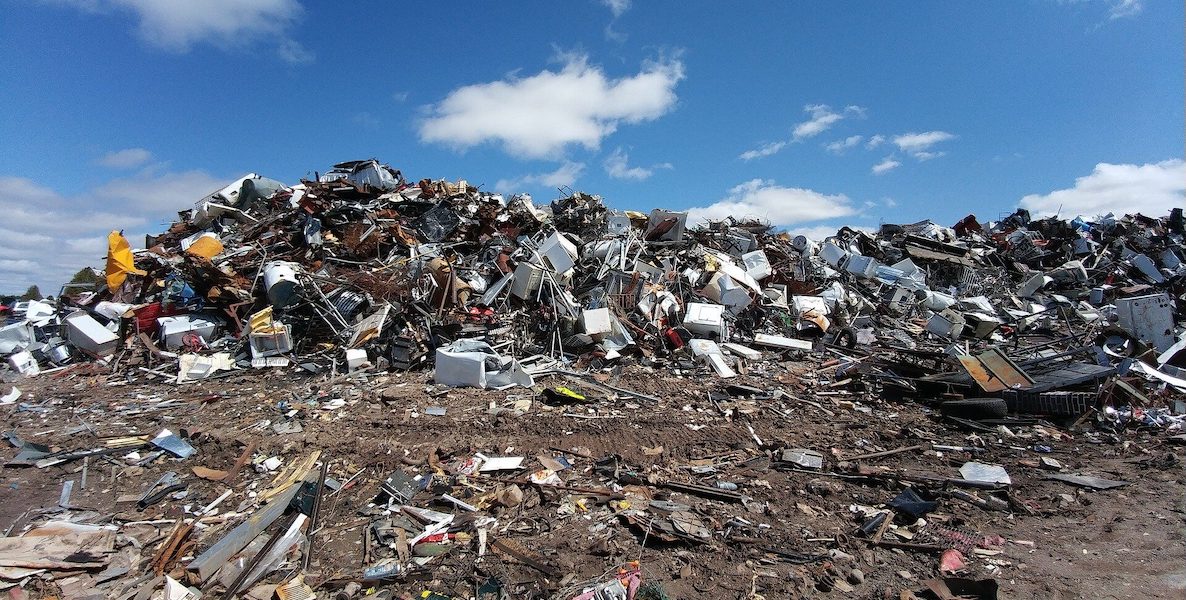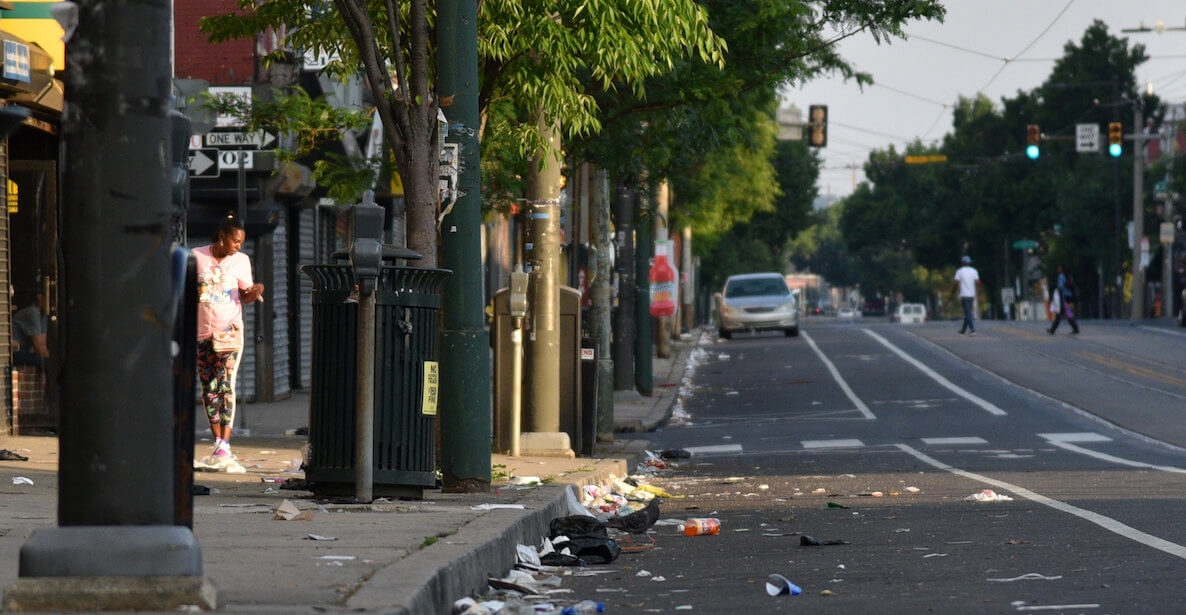Residents got some good news about street sweeping funding in Mayor Kenney’s budget proposal last week, but as has been the case with prior announcements about this topic, the classic next step is always for the Mayor to come out with some novel way of stalling or making concessions in the direction of parochialism.
And like clockwork, we’re now learning about yet another new litter Task Force that’s been charged with “engag[ing] local residents, stakeholders, and community leaders in facilitated discussions and planning with the goal of identifying and prioritizing initiatives that tackle litter, dumping, and beautification.”
MORE ON LITTER SOLUTIONS IN PHILLY
Ryan Briggs spoke with Streets Department officials who say the Task Force will be made up of volunteer community members meeting 6 times a year—as opposed to internal department heads—and will be tasked with producing neighborhood litter control plans and advising on implementation of the city’s street cleaning programs.
“The group would help develop and implement “Neighborhood Litter Control Plans,” according to the spokesperson. Jacobs said the Streets Department had initially invited groups and individuals based on recommendations from elected officials, cleanup coordinators, and community development corporations.”
Jacobs said the new task force would be distinct from the Litter Cabinet in that it would focus more on the implementation of actual street cleaning programs.”
This all seems to be an outgrowth of the administration’s misguided decision to structure the street sweeping program as a pilot that only targets specific neighborhoods at first.
The Kenney administration wants to frame this decision as an equity move somehow, but it’s fundamentally an austerity move. By all means, spend extra resources on the places with the most illegal dumping and heaviest litter issues, but the true equity position here would be providing a minimum baseline of services to every block, and then topping it up in the hardest-hit places.
Where the Kenney team has really lost the plot on this conceptually is that street cleaning is a fully-solved problem that requires zero innovation from Philadelphia city government.
And more cynically, it just seems like a way of rhetorically one-upping the critics who want this to be a universal program, allowing the Kenney administration to say they’re focused on the most under-served areas, when their true animating principle is just conflict-avoidance over alternate-side parking in places like South Philly.
Where the Kenney team has really lost the plot on this conceptually is that street cleaning is a fully-solved problem that requires zero innovation from Philadelphia city government, and also doesn’t require any special neighborhood consultation through a Task Force or anything else. It’s the ultimate “don’t reinvent the wheel” issue where we really can just copy all the details from the places, like New York City, that have had citywide sweeping programs in effect for a long time and have worked out the kinks already.
The Task Force we need to make it work now is an inter-agency team that can coordinate across departments to start buying more mechanical sweepers, buying and installing the signs for alternate-side parking everywhere, and hiring people to drive them around on every block starting later this year.
Jon Geeting is the director of engagement at Philadelphia 3.0, a political action committee that supports efforts to reform and modernize City Hall. This is part of a series of articles running on both The Citizen and 3.0’s blog.




